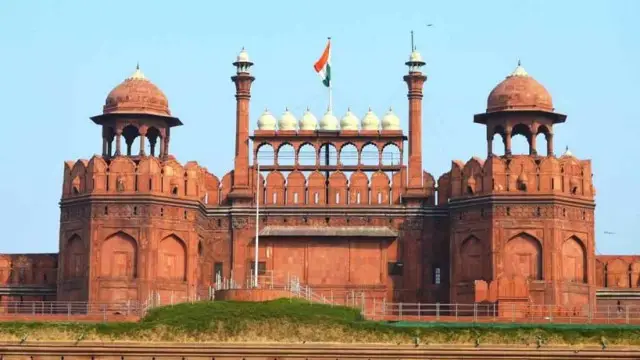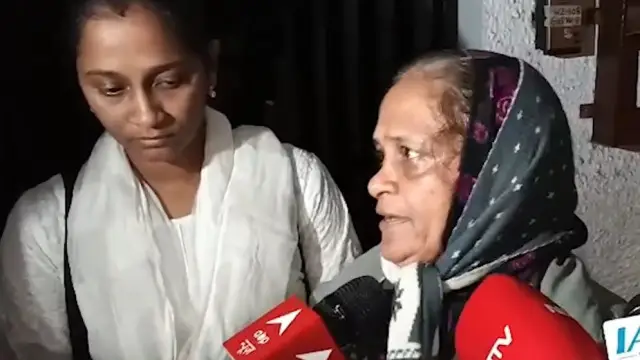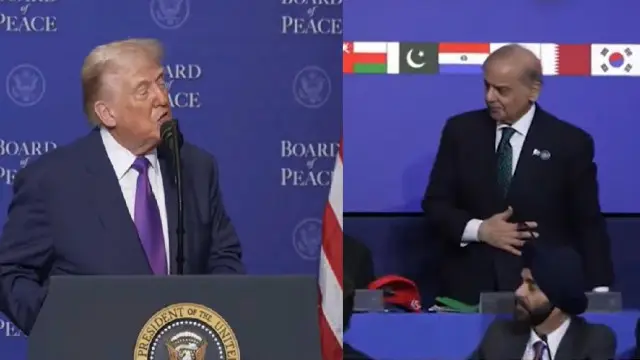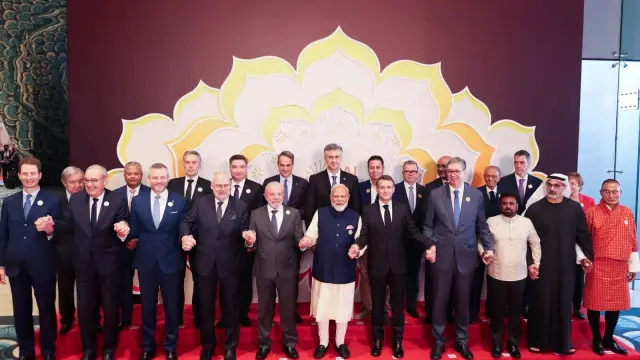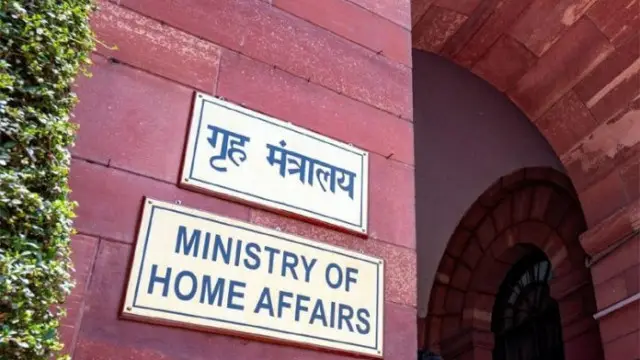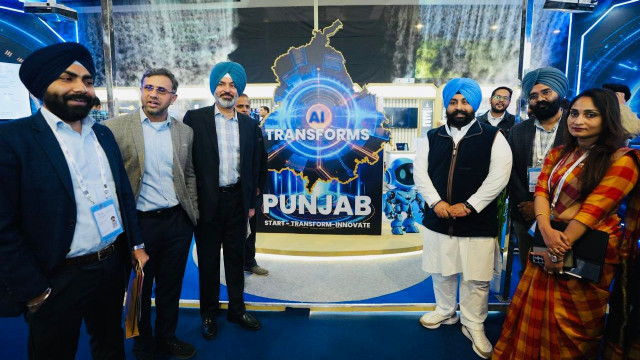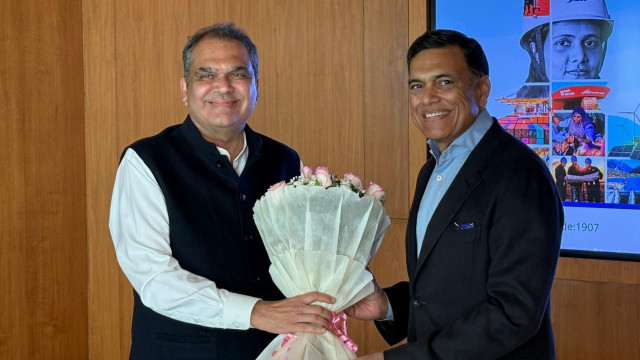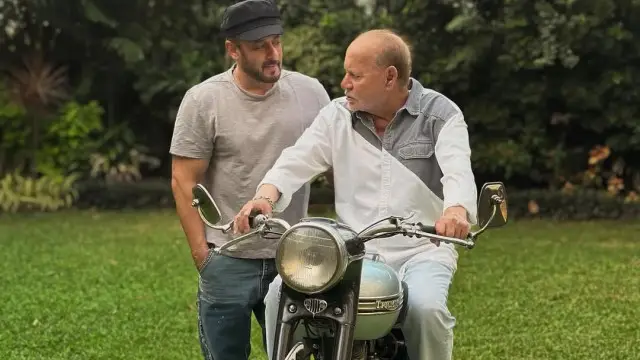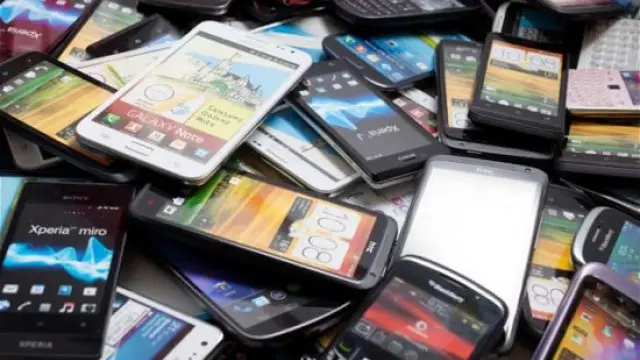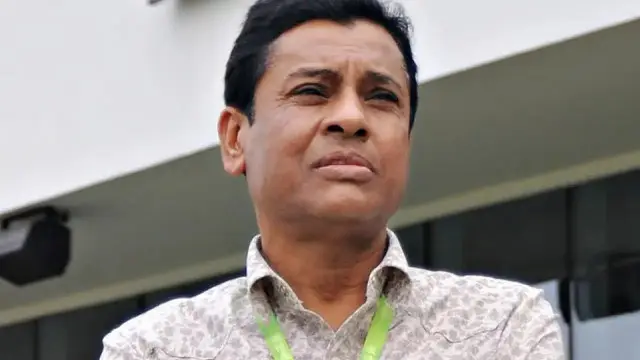India-China Relations: How Trump’s Role And Jaishankar’s Visit Changed The Entire Game
India-China ties enter a cautious yet pragmatic phase, with Trump’s unpredictable policies pushing both sides closer even after Galwan tensions, as India balances reducing dependence and maintaining necessary cooperation.
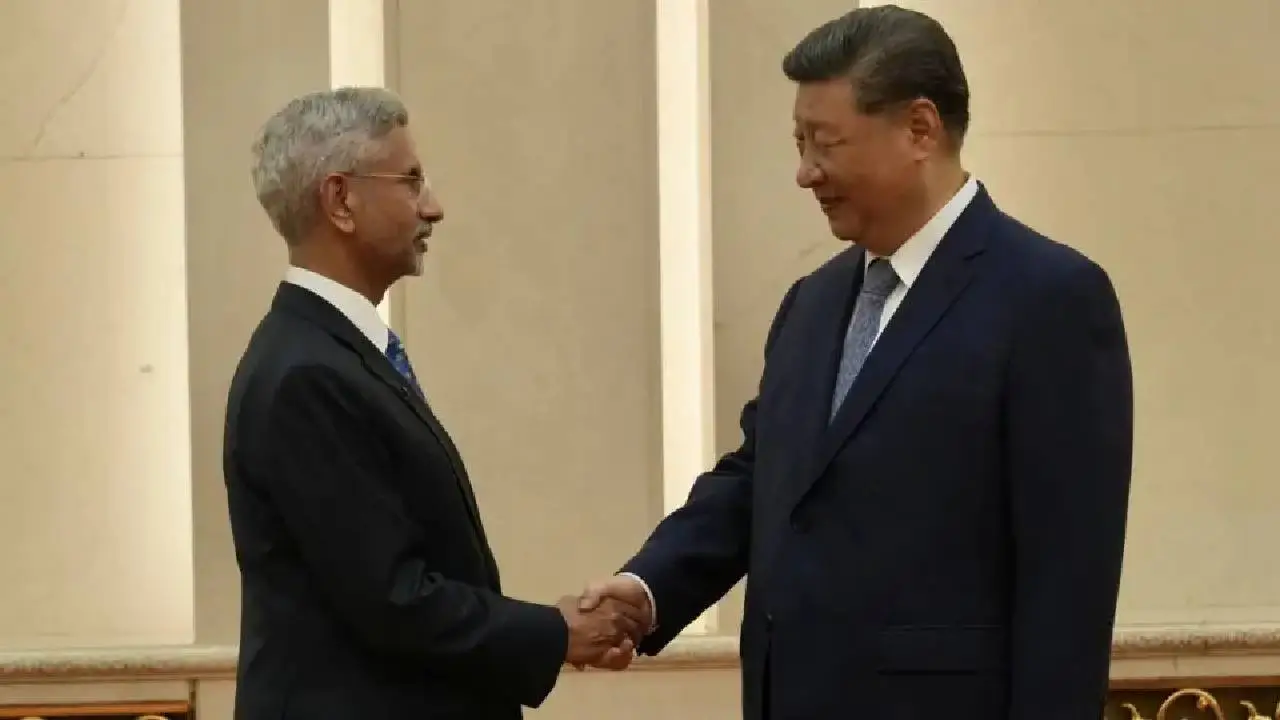
National New: The Galwan crisis may be a distant memory now, but it was a turning point in India-China relations. Beijing's aggressive policies and threats now seem to be slowly waning. India is cautiously moving towards normalizing relations with China.
According to media reports, despite China's open support for Pakistan during Operation Sindoor, both countries are now moving forward with a cautious but positive attitude. In this change, America, led by Donald Trump, is emerging as an important background, whose policies have played an indirect role in bringing India and China closer to each other.
Visas And Trade: New Chapter
According to a recent report by Reuters, India is going to resume tourist visas for Chinese citizens from July 24, 2025. This decision has been taken after five years, which is a sign of easing of tensions between the two countries. India is a huge market for Chinese goods, especially for critical imports. On the other hand, New Delhi needs raw materials and technical cooperation from China. However, the policies of the Trump administration have emerged as a challenge for both countries.
The US has treated both India and China like a preacher rather than an ally in recent years. “New Delhi appears to be preparing for a future of worsening relations with the US,” national security and Indo-Pacific analyst Derek Grossman wrote on X.
Jaishankar-Xi Jinping meeting
Last week, External Affairs Minister S. Jaishankar met Chinese President Xi Jinping during his first visit to China in five years. The meeting took place on the sidelines of the Shanghai Cooperation Organisation (SCO) foreign ministers' meeting. Jaishankar conveyed the greetings of President Draupadi Murmu and Prime Minister Narendra Modi to Xi Jinping.
"Met President Xi Jinping with the SCO Foreign Ministers in Beijing this morning. Conveyed the greetings of President Draupadi Murmu and Prime Minister Narendra Modi. Apprised of the recent developments in our bilateral relations. Value the guidance of our leaders in this regard," he wrote on Twitter.
Jaishankar Pushes For Calm
"Jaishankar also met his Chinese counterpart, Wang Yi, during his visit, during which he stressed the need to reduce tensions along the Line of Actual Control (LAC). He said differences should not turn into disputes, and competition should not take the form of conflict. Jaishankar's visit follows Defence Minister Rajnath Singh's visit to Qingdao in June 2025, the first visit by an Indian defense minister to China in over a decade. Rajnath Singh had advocated "a structured roadmap for lasting cooperation and reducing tensions."
Cautious cooperation after Galwan
Tensions in India-China relations were at their peak after the border dispute began in eastern Ladakh in 2020. But in October 2024, the two countries agreed on patrolling arrangements on the LAC, reducing tensions arising from the Galwan conflict. Direct flights between the two countries resumed in January 2025, and Indian pilgrims were allowed to visit Kailash Mansarovar after six years.
China Backs RIC Cooperation
China's Foreign Ministry spokesman Lin Jian supported Russia's RIC (Russia-India-China) proposal, saying, "China-Russia-India cooperation not only serves the interests of the three countries but also helps maintain peace, security, stability, and progress in the region and the world." He also said that China is ready to maintain communication with Russia and India and promote trilateral cooperation.
Russia Seeks RIC Revival
Russian Deputy Foreign Minister Andrei Rudenko also confirmed talks in this direction and said Moscow hopes to revive the format soon. The RIC triangle, started in 2002, was created to discuss global and regional issues but was halted due to the India-China tensions of 2020 and the Covid pandemic. Russian Foreign Minister Sergei Lavrov said in May that the triangle is important for "improving India-China border relations" and "establishing a multipolar architecture."
Trump's policies and India-China closeness
A major reason for the growing closeness between India and China is the erratic policies of the Trump administration. Trump has proposed imposing 500% tariffs on countries trading with Russia, which has prompted India and China to explore alternative structures. India is heavily dependent on China for electronics, machinery, chemical technology, and rare minerals. India's $85 billion trade deficit with China is also an important factor.
India Balances China Ties
Commerce Minister Piyush Goyal had previously opposed “unregulated Chinese investments” but supported selective approvals. Niti Aayog recently proposed allowing Chinese companies to take up to a 24% stake in Indian firms without prior approval, as existing rules have delayed many big deals. Professor Christopher Clary told the BBC, "India thought it would be a very close strategic ally of the US, but it did not get the support it expected from Washington." This became clear during the short war with Pakistan in May.
Strategic Realism and Self-Reliant India
This cautious détente between India and China is based on strategic realism. Both countries depend on each other for global and regional stability. However, this cooperation does not detract from India's Atmanirbhar Bharat policy or its ambition to become an industrial superpower. "There is definitely an initiative from China, and I think it is mutual. China is also moving towards India," Harsh Pant, foreign policy head at the Observer Research Foundation, told Reuters.
"Even if India's minilaterals with Russia and China do not yield any concrete results, India should continue to cooperate with them, because geopolitical isolation can be more costly than tedious summits," international relations professor Happymon Jacob wrote in the Hindustan Times.




